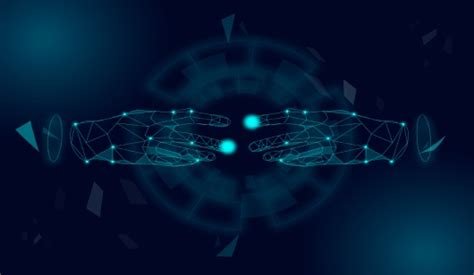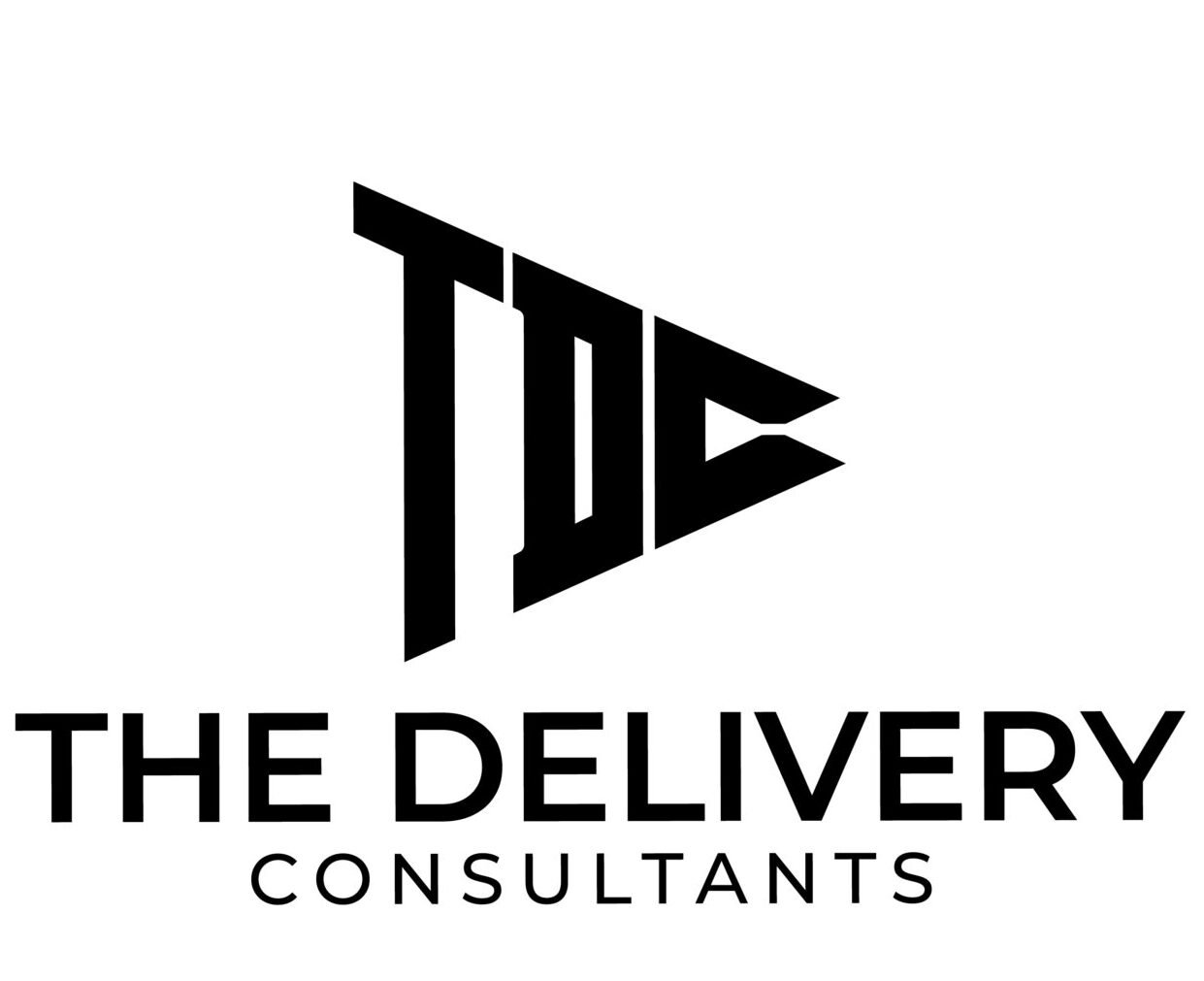The Future of Smart Contracts: AI and Beyond
Smart contracts have revolutionized the world of finance, logistics, and other industries by providing a secure, efficient, and automated way to conduct transactions. But as we look to the future, it’s clear that smart contracts are just the beginning. The integration of artificial intelligence (AI) and beyond is transforming the landscape of these digital agreements, enabling new levels of complexity, security, and scalability.
The Rise of AI in Smart Contracts
Artificial intelligence has long been a key driver of innovation across industries including finance, logistics, healthcare, and energy. In smart contracts, AI plays a critical role in optimizing processes, automating tasks, and improving decision-making. Here are some of the ways AI is being integrated into smart contracts:
- Risk Management: AI-powered algorithms can analyze market data, identify patterns, and predict potential risks associated with specific transactions. This allows developers to implement robust risk mitigation strategies, reducing the likelihood of disputes or errors.
- Automated Enforcement

: AI-powered contract verification systems can detect and enforce smart contract terms, ensuring that parties meet their obligations. This not only reduces disputes but also increases the reliability of digital agreements.
- Optimization: AI-powered optimization algorithms can analyze data from various sources, such as market trends, weather forecasts, or supply chain disruptions, to identify opportunities to improve transaction processing times and costs.
The Future of Smart Contracts: Beyond AI
While AI has already demonstrated its potential in smart contracts, this is just the beginning. As technology advances, we are entering a new era where the boundaries between different systems are blurring, leading to unprecedented levels of complexity and innovation. Here are some key areas where smart contracts and AI will continue to converge:
- Decentralized Finance (DeFi)
: DeFi platforms will increasingly rely on decentralized and automated processes, using AI-powered tools to manage risk, optimize yield, and automate trading decisions.
- Supply Chain Optimization: Smart contracts will be used to optimize supply chain operations, enabling real-time tracking, inventory management, and predictive analytics to minimize costs and reduce waste.
- Cybersecurity: As more assets move online, smart contracts with built-in AI-based security features will become increasingly prevalent. These systems can detect anomalies, identify vulnerabilities, and proactively respond to potential threats.
The Future of Smart Contracts: A New Era of Interconnection
As we move forward, it is becoming clear that the future of smart contracts lies in their ability to interconnect with other technologies, such as blockchain networks, IoT devices, and decentralized applications (dApps). This will usher in a new era of interconnection, where different systems can communicate, share data, and collaborate to achieve greater effectiveness and efficiency.
Key Challenges and Opportunities
While the future of smart contracts is very bright, there are also challenges that remain:
- Scalability: As more participants join the market, we need to ensure that smart contract platforms can scale to meet the growing demands.
- Interoperability: Seamless integration between different systems will require careful planning and development to overcome existing compatibility issues.
- Regulation: Governments and regulators need to adapt to the changing smart contract landscape, ensuring a level playing field for all participants.
Conclusion
The future of smart contracts is bright, with AI at its core.
